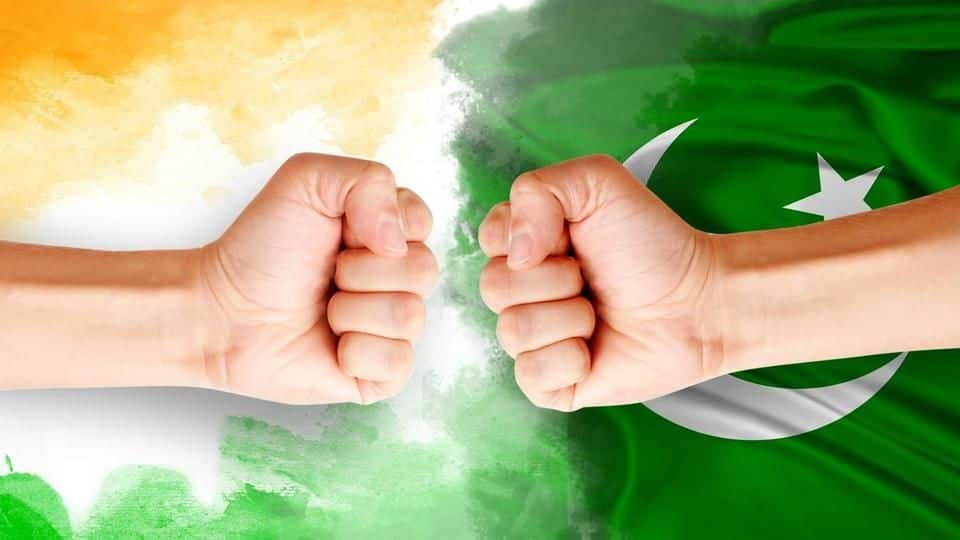
India-Pakistan newest spat after ISI raids Indian residential complex
What's the story
After a rather serious bout at UN, India and Pakistan are involved in another spat. Both sides have accused each other of ill-treating diplomats and their respective families. From forcible stoppage of vehicles to raiding of a residential complex, Indian diplomats have been facing serious harassment. Now, Pakistan has claimed that there have been six cases of intimidation against its officials within three days.
Pakistan
Pakistan-inflicted harassment: Of raids and denial of club memberships
Apparently, harassment is the "new normal" for Indian High Commission personnel in Pakistan. Allegedly, last month, 7-8 ISI men raided the Indian residential complex, disconnecting electricity and water supply. The chancery's main contractor has also been intimidated against doing business with Indians. Further, the Islamabad Club, otherwise open to all diplomats, has denied membership to Indian High Commissioner Ajay Bisaria and other Indian diplomats.
Do you know?
Now, Pakistan alleges bullying and abuse of its diplomats
In a demarche to the Indian High Commission in Islamabad, Pakistan claimed that children of its High Commissioner were harassed while going to school. Another complained that his car was intercepted. They threatened to pull out their diplomats if the intimidation doesn't stop.
Occurences
Are these incidents new in India-Pakistan's 70yr-acrimonious history?
TCA Raghavan, former Indian High Commissioner to Pakistan claimed though political relations between the two countries have been uneasy, diplomatic relations "have been good." However, recently, many Indian officials have returned to India due to "aggressive surveillance, violation of physical-space, tailing of officers, obscene phone calls, laptop theft etc." Late last year, two Indian junior officials were also pulled out after ISI honey-trapped them.
Do you know?
What does this mean?
Apparently, this "tit-for-tat" mentality defines India-Pakistan's decisions about diplomatic missions. These developments undermine attempts by both the countries to address humanitarian issues like releasing prisoners who have served their jail terms.